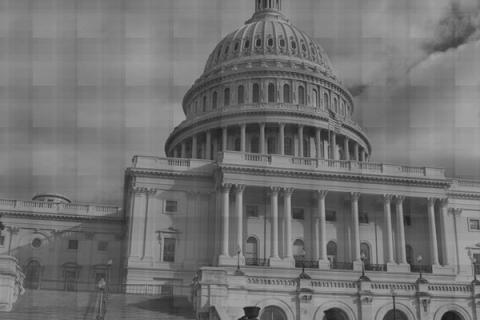Last week, the U.S. Supreme Court announced it will hear both sides of an issue which has been brewing between federal courts and California's executive for two years.
With a total of 33 adult prisons that are now over 180 percent capacity, California is engaging in cruel and unusual punishment by not providing adequate healthcare for its prison population; this, according to a decision by a special three-judge panel in 2008.
In January, the judges ordered the state to reduce its inmate population by roughly 45,000 (from its current population of just over 150,000) within two years. “California’s prisons are bursting at the seams and are impossible to manage,” declared the lower court in its January 12 decision. The state's current prison system is designed to accommodate exactly 84,156 inmates. This new mandate, even if successfully met, would still leave California prisons at 137.5 percent design capacity.
The state reluctantly submitted a plan which would use county jails and non-revocable parole policies to lessen the problem. However, with legal challenges of its own and a $19 billion state budget deficit, this plan is proving less than workable.
Though Governor Schwarzenegger admitted state prisons were extremely overcrowded, he and his corrections Secretary Matthew Cate insist the situation is improving and the state is no longer in violation of the Constitution. Relying on the language of the Prison Litigation Reform Act, the governor doesn't think U.S. District Judges Lawrence K. Karlton (Sacramento), Thelton E. Henderson (San Francisco), and 9th U.S. Circuit Court of Appeals Judge Stephen Reinhardt of Los Angeles have the authority to mandate a reduction in the prison population of his state.
A group of Republican lawmakers are backing the governor in appealing the order (which has been stayed). The state feels it can reduce its population in a slower, more prudent way, fearing the judges' order will endanger public safety. The administration argued in court papers that the lower court “entered an unprecedented order that intrudes on the state’s authority over its prison system and constrains the state’s ability to respond to problems within its prison system and more broadly throughout California.” Schwarzenegger spokeswoman, Rachel Arrezola, stated last Monday, "We continue to believe federal judges do not have the authority to order the early release of prisoners in our state."
The tribunal in this case was formed to adjudicate the merits of two class action law suits brought on behalf of physically and mentally ill prisoners. The panel maintains that it can abrogate a violation of constitutional law by whatever means it deems necessary.
When the high court is briefed and hears oral arguments sometime this Fall, it will be the their first look at the constitutionality of a lower court order of this kind.

